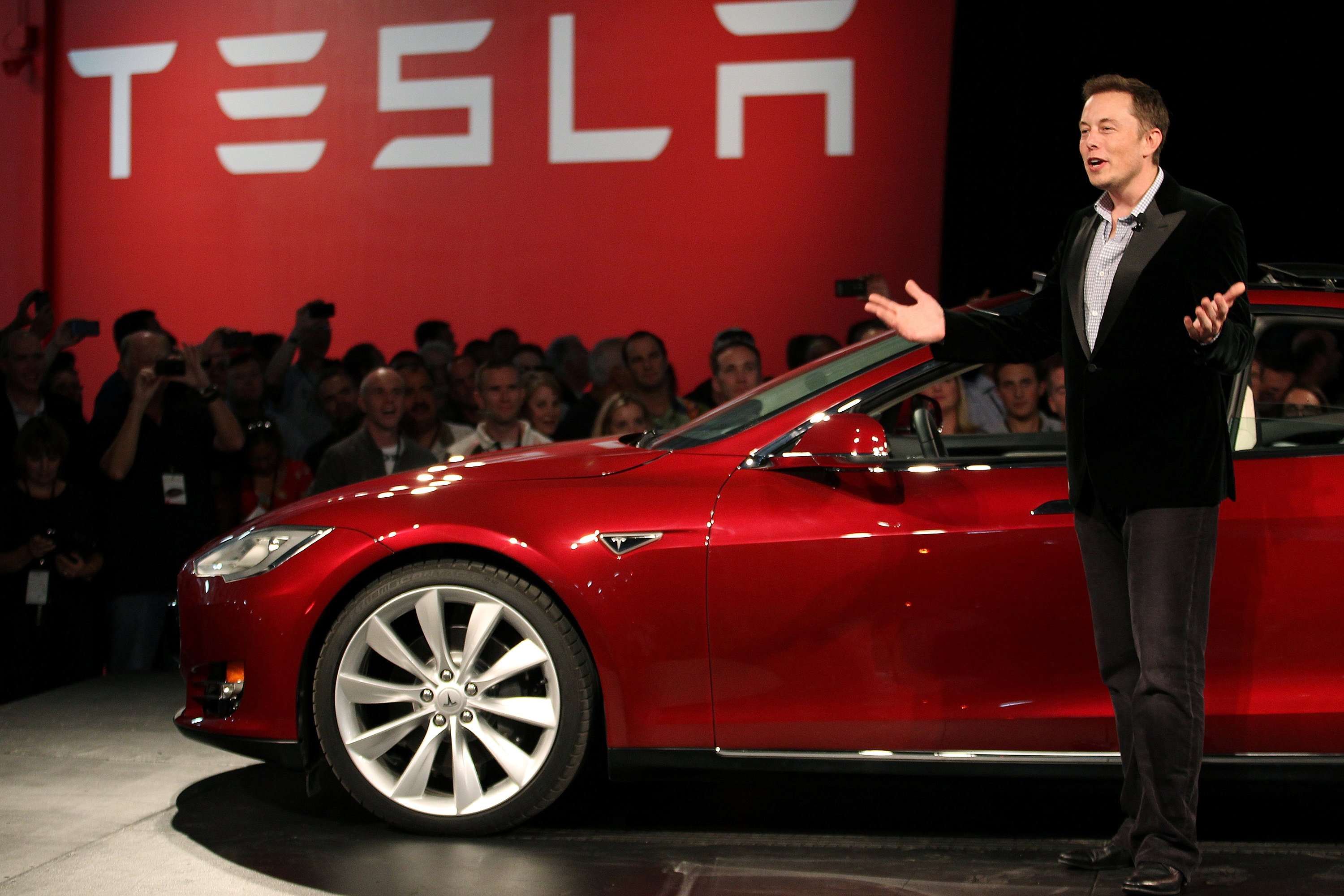
Elon Musk, the CEO of Tesla, has long been known for his ambitious vision of transforming Tesla into the world's most valuable company. With his grand plans for autonomous vehicles, robotaxis, and humanoid robots, Musk believes that Tesla could eventually be worth more than the combined value of the next five largest companies, including Apple, Microsoft, Nvidia, Alphabet, and Amazon, whose total market capitalization stands at an astonishing $11.8 trillion.
However, despite these high hopes, Tesla's stock has been on a downward trajectory, falling by 47% from its recent all-time high, and analysts are now warning that it could decline by an additional 50% or more. The reasons behind Tesla’s declining stock value are multifaceted, from shrinking electric vehicle sales to increasing competition in the EV market, and concerns over the viability of Musk's long-term plans.
While Musk's focus has been increasingly directed toward Tesla's future endeavors in autonomous driving and robotics, the company's core business—electric vehicles—remains the largest contributor to its revenue. In 2024, Tesla's electric vehicle sales fell by 1%, totaling 1.79 million cars, and the decline accelerated to 13% in the first quarter of 2025.
This significant drop in sales resulted in a 20% year-over-year decrease in automotive revenue, with Tesla's net income falling by a staggering 71%. Several factors have contributed to these declines, including growing competition in the electric vehicle space from companies like BYD, a China-based EV producer. BYD is capable of offering electric cars at prices as low as $10,000 in its domestic market and is beginning to expand into Europe, where it poses a direct challenge to Tesla’s market share.
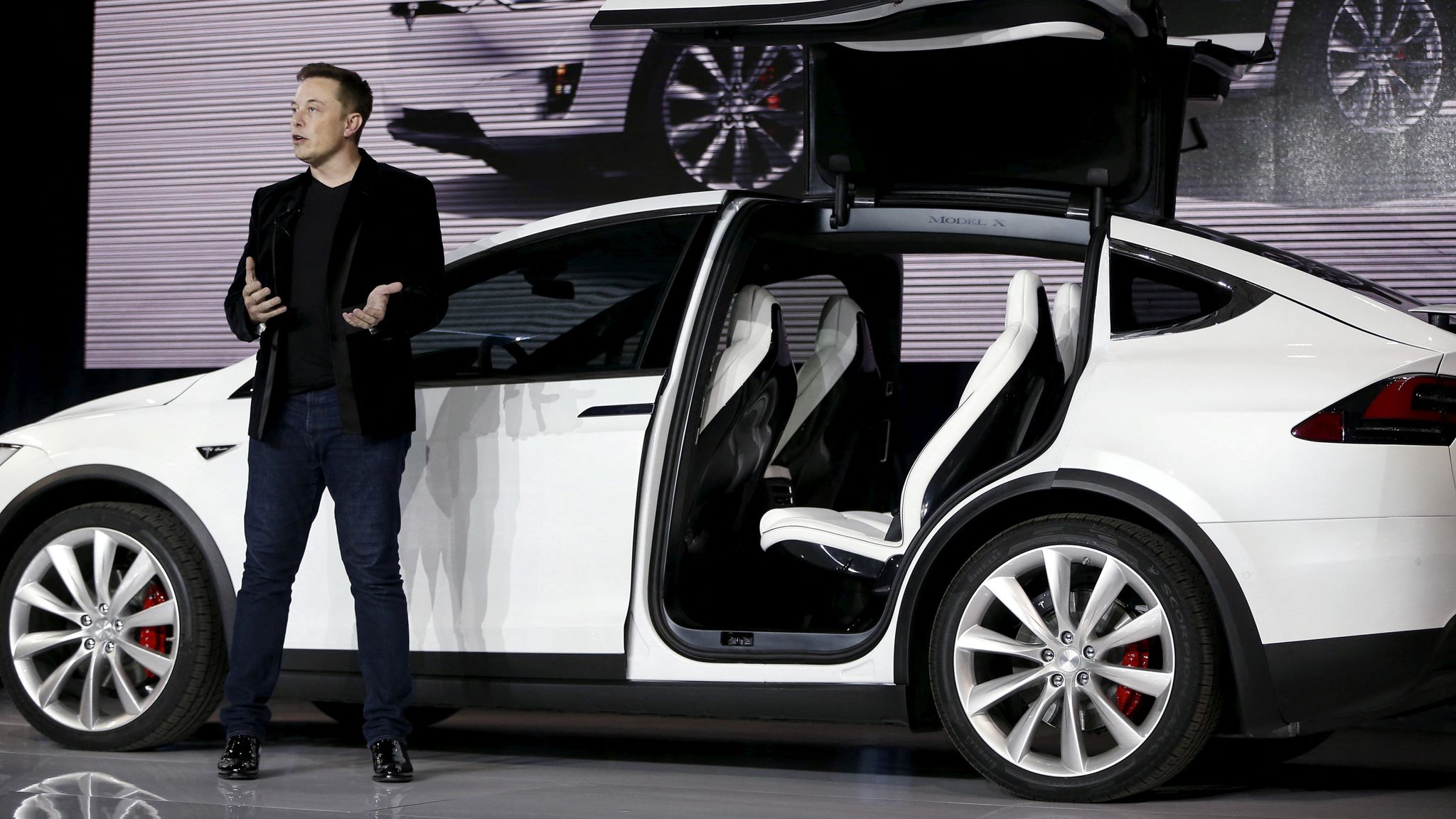
Tesla’s financial troubles have been compounded by Musk’s increasing political involvement. Musk has spent significant time managing the Department of Government Efficiency (DOGE), a government initiative aimed at reducing wasteful spending and lowering the national debt. His political actions have sparked protests at Tesla dealerships around the world, with critics accusing him of focusing too much on politics and neglecting his core business.
Musk's controversial political stances have alienated some customers, who view his actions as detrimental to the company’s brand. The political controversy surrounding Musk has added fuel to the fire, turning some consumers away from Tesla and impacting its overall sales.
Despite these immediate challenges, Musk is doubling down on his vision for Tesla’s future, particularly through its autonomous driving and robotics initiatives. The company’s Cybercab robotaxi is designed to autonomously transport passengers within a ride-hailing network, creating a new revenue stream for Tesla. However, the Cybercab is not expected to enter mass production until next year, and it will take several more years before it generates significant revenue.
Furthermore, Tesla’s full self-driving (FSD) software has not yet been approved for unsupervised use on public roads, which is essential for the Cybercab to operate. Tesla is currently behind competitors like Waymo, which already completes 250,000 paid autonomous trips every week.
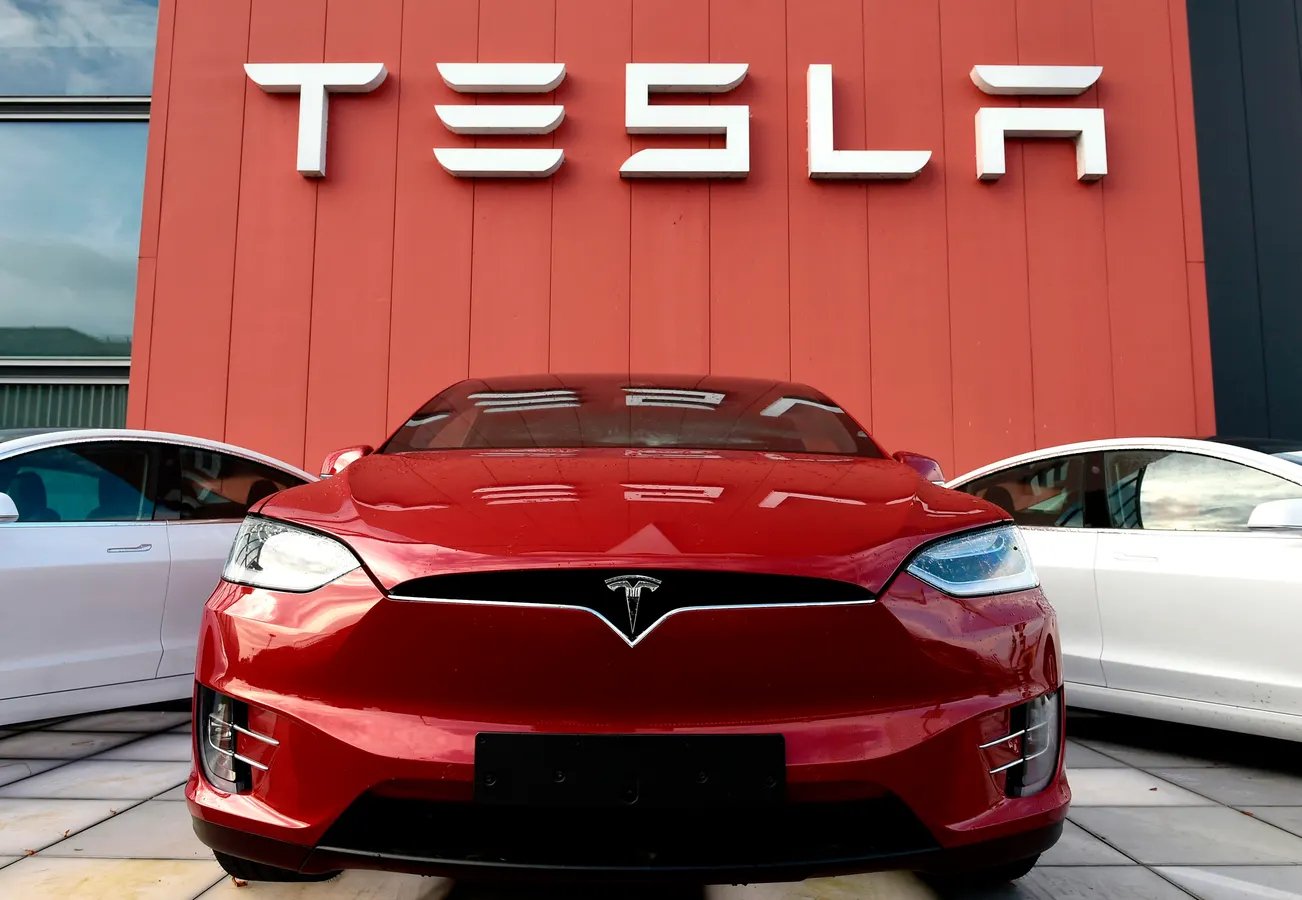
Despite these setbacks, Musk is optimistic that Tesla will leapfrog Waymo once its FSD software is approved for unsupervised use. The unsupervised version of FSD will be compatible with millions of Tesla vehicles, allowing the company to tap into the burgeoning autonomous ride-hailing market.
Additionally, Tesla’s humanoid robot, Optimus, is a key component of Musk’s broader vision for the company. Musk has stated that Tesla will produce thousands of Optimus robots this year to perform tasks in its factories, with plans to ramp up production to over 1 million units annually by 2029. Optimus is designed to take on dangerous or repetitive jobs that humans typically avoid, and Musk believes the robot will also be useful as a household assistant.
Musk has previously predicted that by 2040, there could be more humanoid robots than humans, with Optimus potentially generating up to $10 trillion in revenue over the long term. While the production of Optimus is still in its early stages, Musk's long-term projections for the robot are ambitious, and the technology could play a pivotal role in Tesla’s financial future.
However, the near-term outlook for Tesla’s stock is far less promising. Tesla is currently trading at an exorbitant price-to-earnings (P/E) ratio of 148.6, which is five times higher than the Nasdaq-100 index, which has a P/E ratio of 27.1. This excessive valuation has raised concerns about the stock's ability to continue appreciating in the short term, especially given Tesla’s current financial struggles.
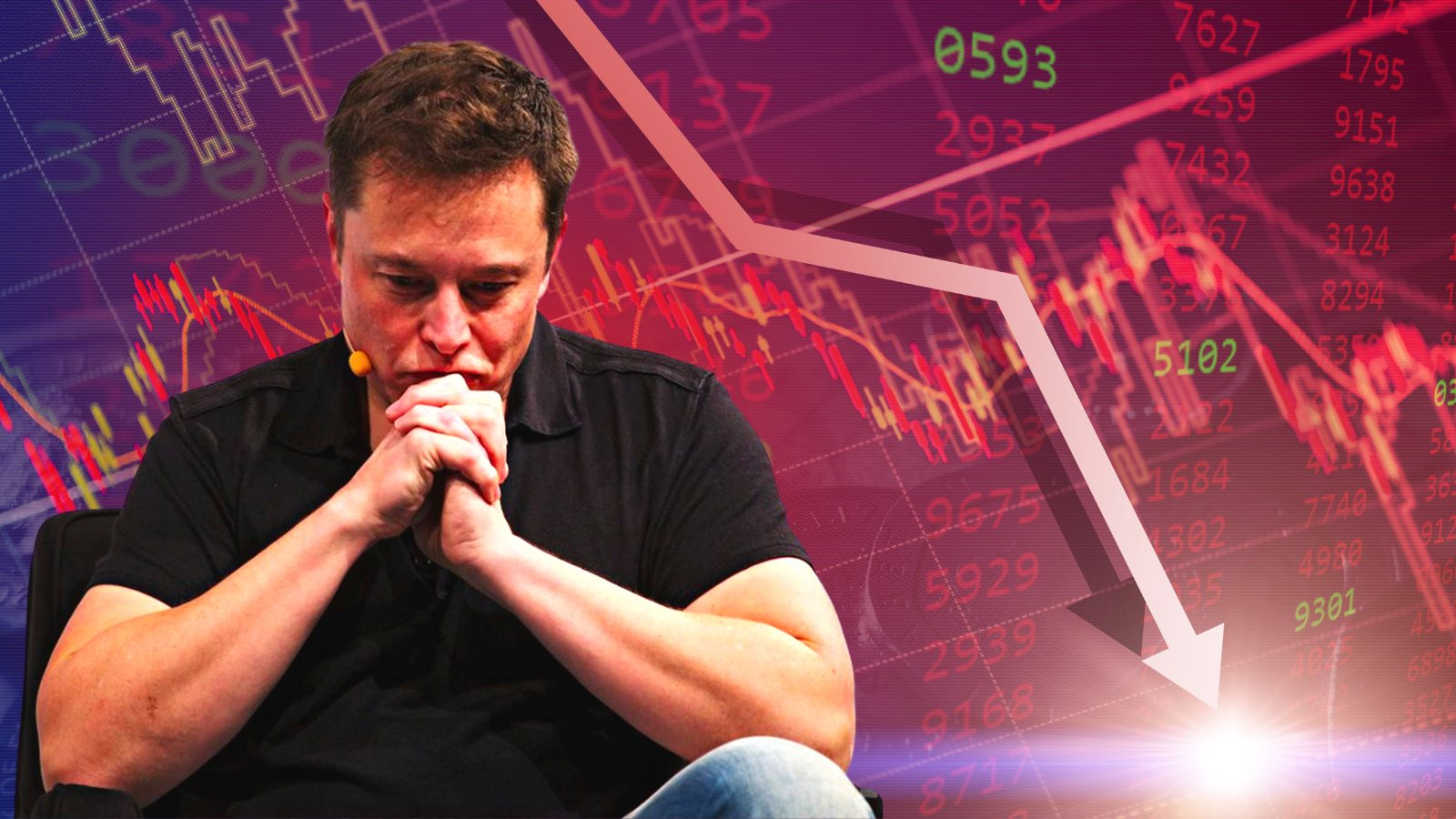
Even if Musk's long-term predictions come true, investors are questioning whether it makes sense to pay such a high premium for Tesla stock today. With autonomous driving and robotics still years away from generating significant revenue, and EV sales continuing to decline, Tesla’s earnings may spiral downward, making its stock even more overpriced.
The risk of further declines in Tesla’s stock is a pressing concern. If the company's stock were to decline by 50% from its current price, it would bring Tesla’s valuation closer to that of its big-tech peers. In fact, Tesla would have to drop by 76% just to match Nvidia's P/E ratio, one of the fastest-growing companies in the world. This potential for a steep drop in stock price highlights the challenges Tesla faces in justifying its current valuation. Even with Musk’s grand vision for the future, the company’s valuation appears to be a significant obstacle to further growth in the near term.
In conclusion, while Elon Musk’s ambitious vision for Tesla remains compelling, the company faces significant challenges that are weighing down its stock price. Tesla’s electric vehicle sales are declining, competition is intensifying, and Musk’s political involvement has added controversy to the brand. Furthermore, the long-term potential of Tesla’s autonomous driving and robotics projects remains uncertain, and meaningful revenue from these initiatives could be years away.
With Tesla’s stock trading at an inflated valuation, there is a risk that it could face further declines of 50% or more in the near future. Musk’s dreams for Tesla to become the world’s most valuable company may one day be realized, but the road to get there is fraught with obstacles, and investors need to carefully consider the risks before buying into the stock at its current price.
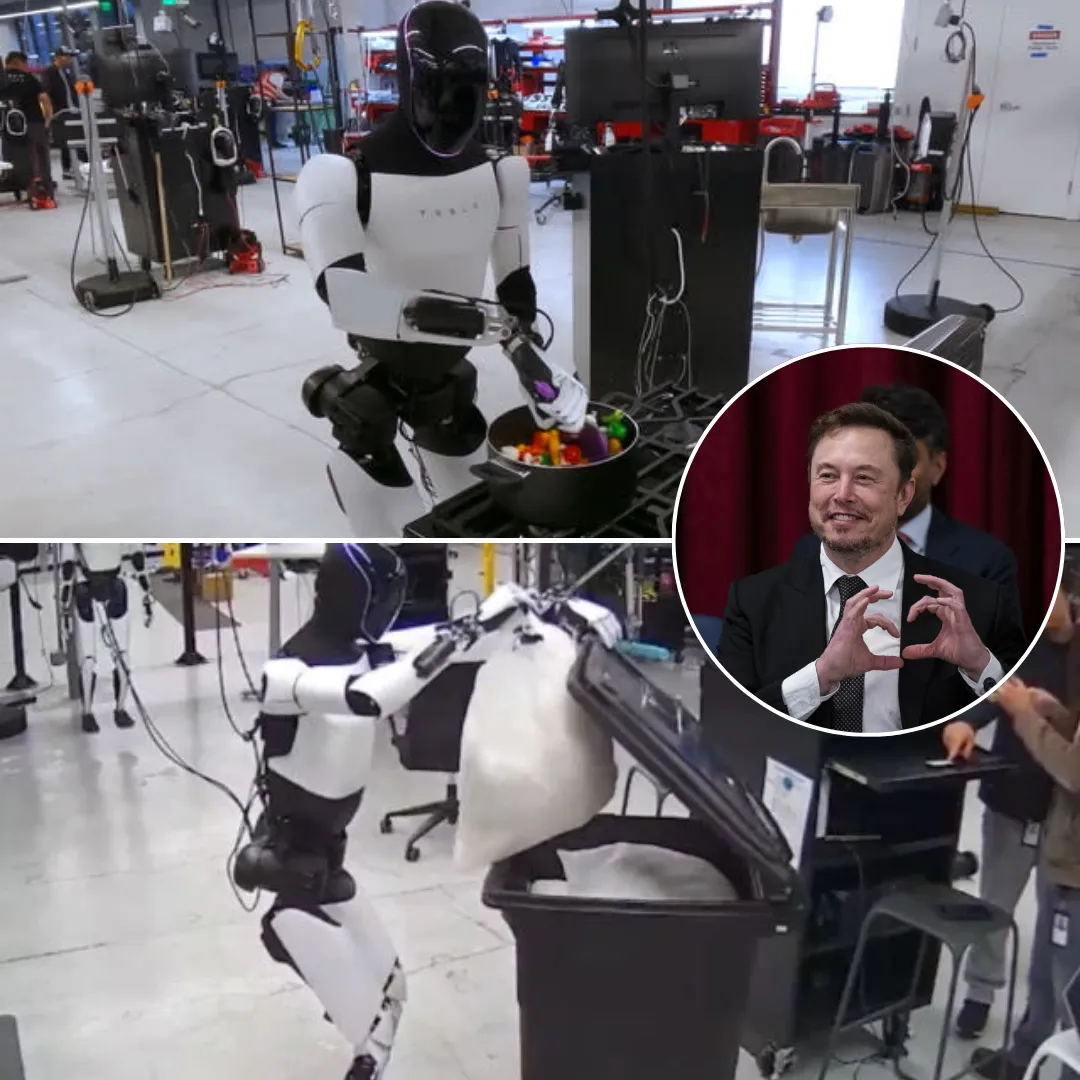
-1751723332-q80.webp)
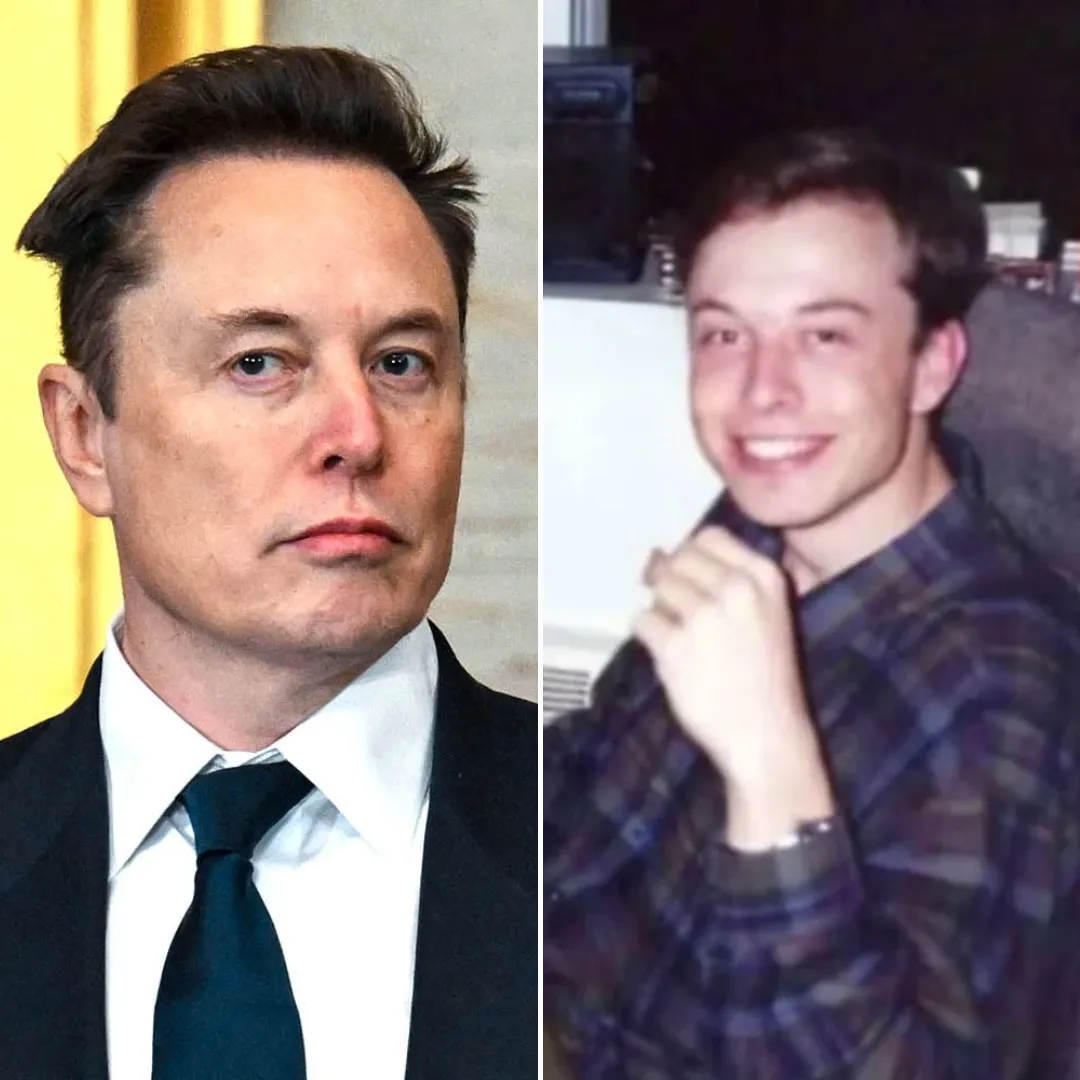
-1751532681-q80.webp)